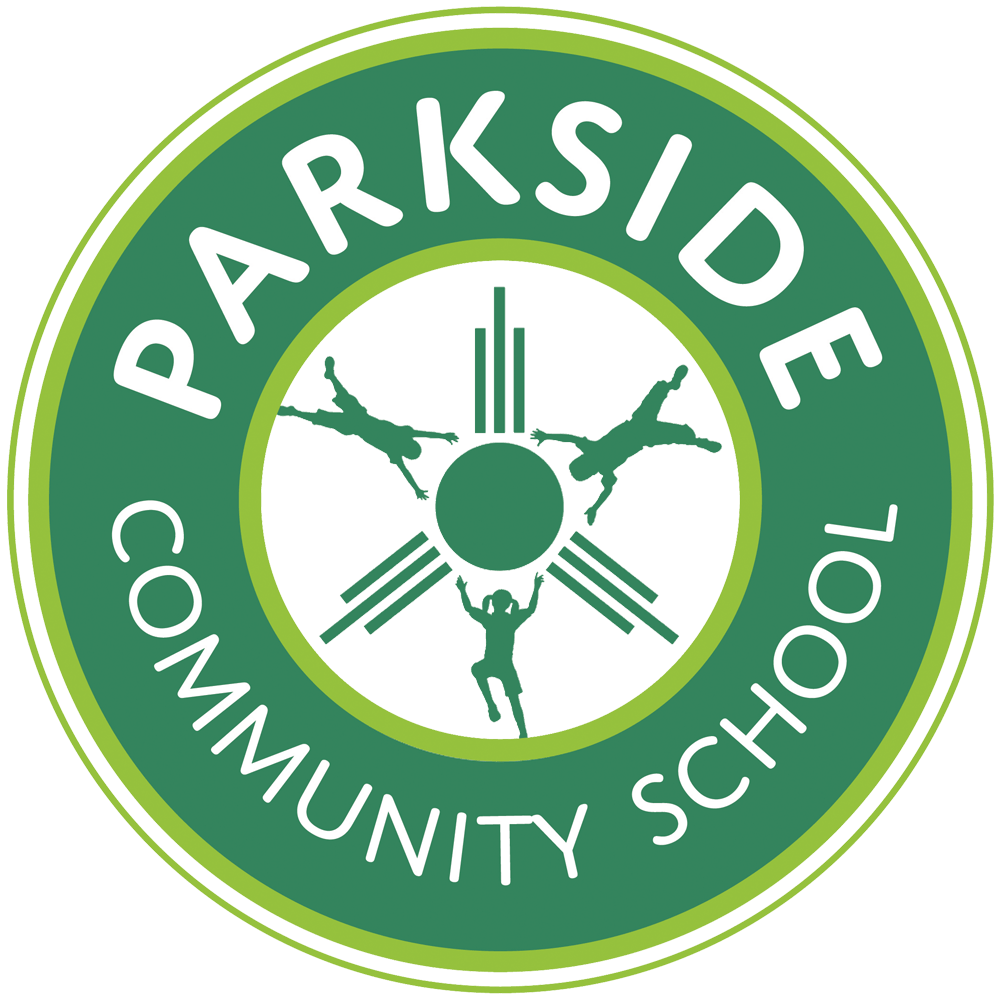Montessori FAQ
-
What is the difference between Montessori and traditional education?
For children age 6 and under, Montessori emphasizes learning through all five senses, not just through listening, watching, or reading. Children in Montessori classrooms learn at their own, individual pace and according to their own choice of activities from hundreds of possibilities. They are engaged in individual or group activities, with materials that have been introduced to them one-on-one by the guide who knows what each child is ready to do. Learning is an exciting process of discovery, leading to concentration, motivation, self-discipline, and a love of learning.
Children over the age of 6 learn to do independent research, arrange field trips, and collaborate on group presentations including artistic endeavors and science projects. There is no limit to what they can create in this kind of intelligently guided freedom within limits. The children ask each other for help, and much of the learning comes from sharing and inspiring each other instead of competing. There is great respect for the choices of the children, but they easily keep up with or surpass what they would be doing in a more traditional setting.
-
Are all Montessori schools alike?
No. The term "Montessori" is not trademarked, and anyone, regardless of training, experience, or affiliation can open a “Montessori” school. Thus, Montessori schools tend to vary greatly, and we highly encourage anyone considering this type of education for their child to do your research, visit multiple schools, and make sure you have the information you need to be confident in your choice of school.
-
Is Montessori right for my child?
Every child can benefit from Montessori methods at some level, whether in the home alongside parents or other siblings, or in a classroom with trained teachers or guides. The best way to determine whether or not a Montessori program is right for your child is to do the in-depth research and on-site school visitations needed to make a good determination that will meet your child’s needs. Some aspects to consider are:
- You are choosing a school to prepare your child academically, socially, and emotionally for school and life.
- Your child learns best when in an environment that is orderly, bright, and peaceful.
- You want your child to learn at their own pace and be challenged according to their unique ability.
- You want your child to be in an environment that encourages them to explore their interests, without interruption.
- The most important outcome for your child is to be a happy, well-adjusted, and self-motivated human being.
-
Why does Montessori have three-year cycles/multi-age classrooms?
Multi-age classrooms afford us the luxury of adapting the curriculum to the individual child. Each child can work at their own pace, while remaining in community with their peers. In addition, the three-year cycle allows older children to be the leaders of the classroom community, and younger children have the inspiration and modeling to pursue more challenging work.
-
If children are free to choose their own work, how do you ensure that they receive a well-rounded education?
Montessori children are free to choose within limits, and they have only as much freedom as they can handle with appropriate responsibility. The guides ensure that children do not interfere with each other and that each child is progressing at their appropriate pace in all subjects.
-
How do you track each child’s academic progress in a Montessori classroom?
Because most lessons are given to individuals or small groups in a Montessori classroom, we can observe how a child is receiving the lesson and, through ongoing observation of the child’s work, note if a concept or skill is being practiced and ultimately, mastered. Formative assessment is continual, and progress is discussed in parent-guide conferences twice a year. Periodic questions outside of those times are also welcomed.
-
How do Montessori’s academic goals compare to that of public school programs?
Overall, Montessori education encourages deep learning of the concepts behind academic skills rather than rote practice of abstract techniques. While we at Parkside do not follow the public school curriculum, we do stay abreast of the stated goals of the Texas Essential Knowledge and Skills (TEKS) set by the Texas Education Agency. Our goals are generally in line with or exceed the TEKS. In math for example, we typically exceed the TEKS due to the wealth of concrete materials available to the children from a young age.
-
How are you educating children about self-awareness and global responsibility?
The education of self-awareness comes through the variety of choices a child makes throughout the day. One definition of virtue is the ability to responsibly choose the directions of your desire, rather than be chosen by them. A Montessori classroom gives the child a chance to make choices driven by their interests, and when concentration is linked with interest, it is deep and profound.
Global responsibility starts with each person’s relationship to their immediate environment and expands out concentrically as they mature. Global awareness comes through a rich geography program based on respect of cultural diversity as well as understanding the integrity of environmental systems. Recycling and conservation of resources are also an integral part of the curriculum.
-
Do Montessori children successfully transition into other learning environments?
Research shows that Montessori children are well-prepared academically, socially, and emotionally for transition into other learning enviroments. In addition to scoring well on standardized tests, Montessori children are typically ranked above average on such criteria as following directions, turning in work on time, listening attentively, using basic skills, exhibiting responsibility, asking thoughtful questions, showing enthusiasm for learning, and adapting to new situations.
We have witnessed this countless times with Parkside children moving on to a wide variety of learning environments. For their best chance of success, we stongly recommend that any transition happen after completion of a three-year cycle.

